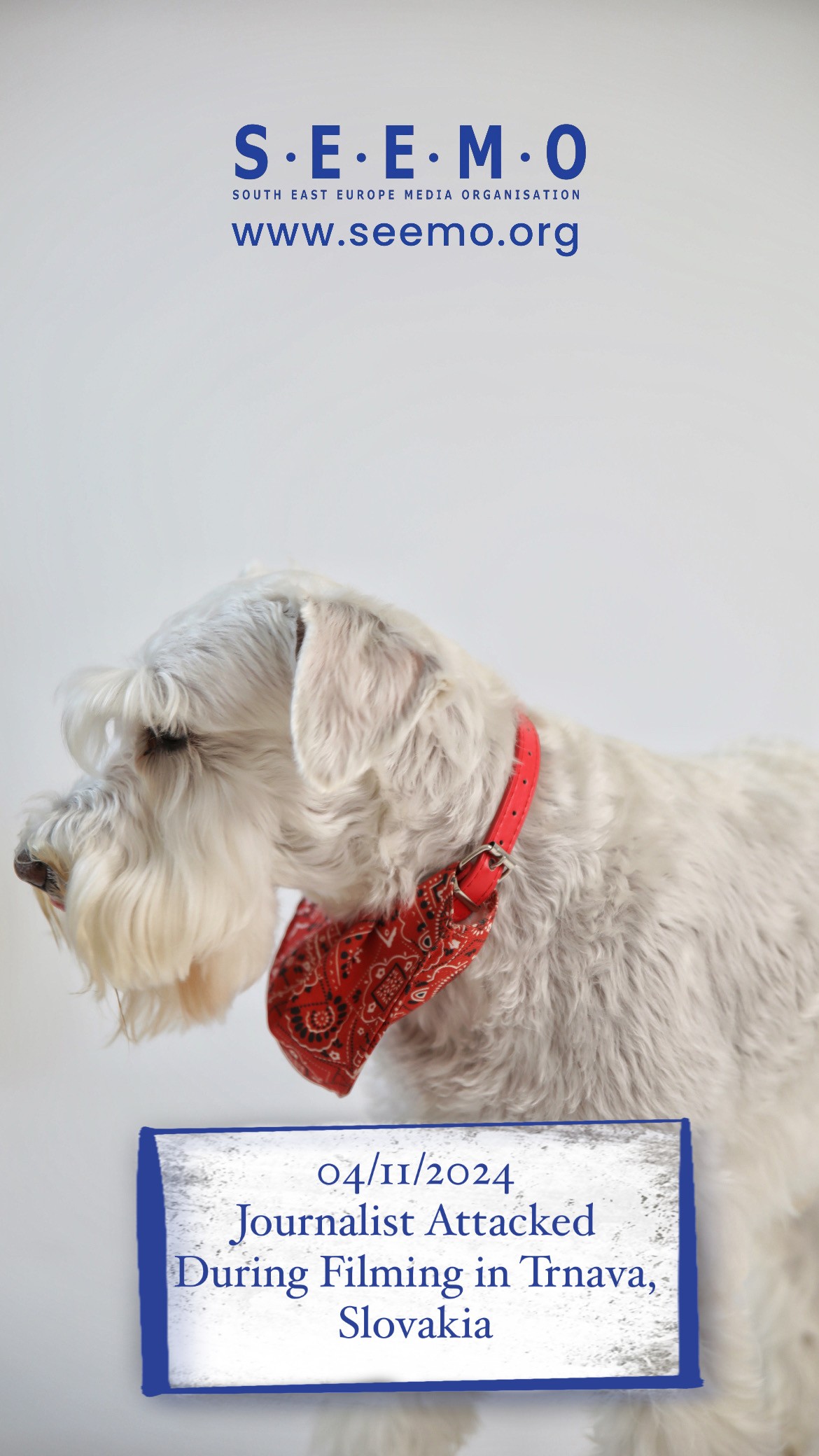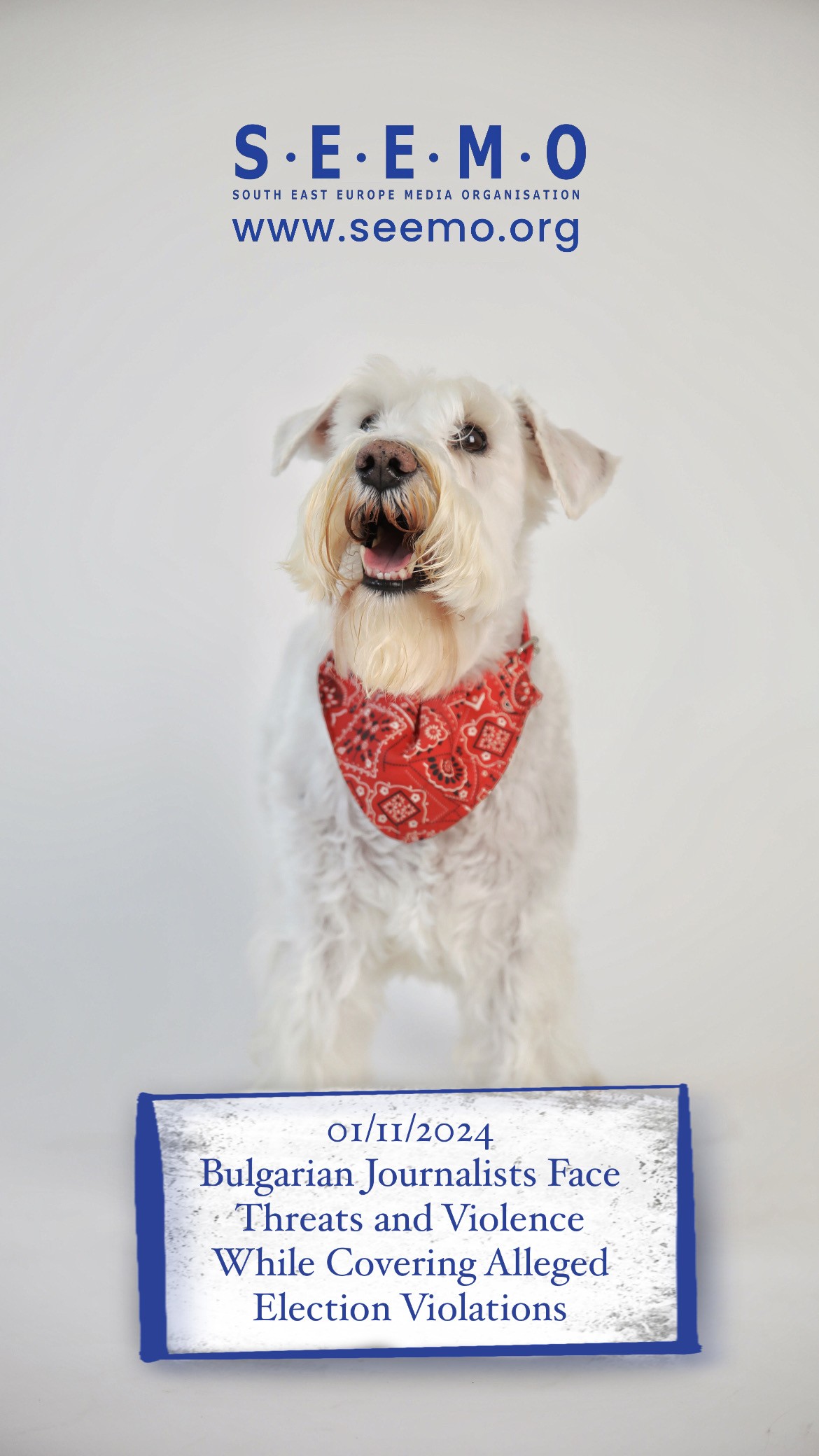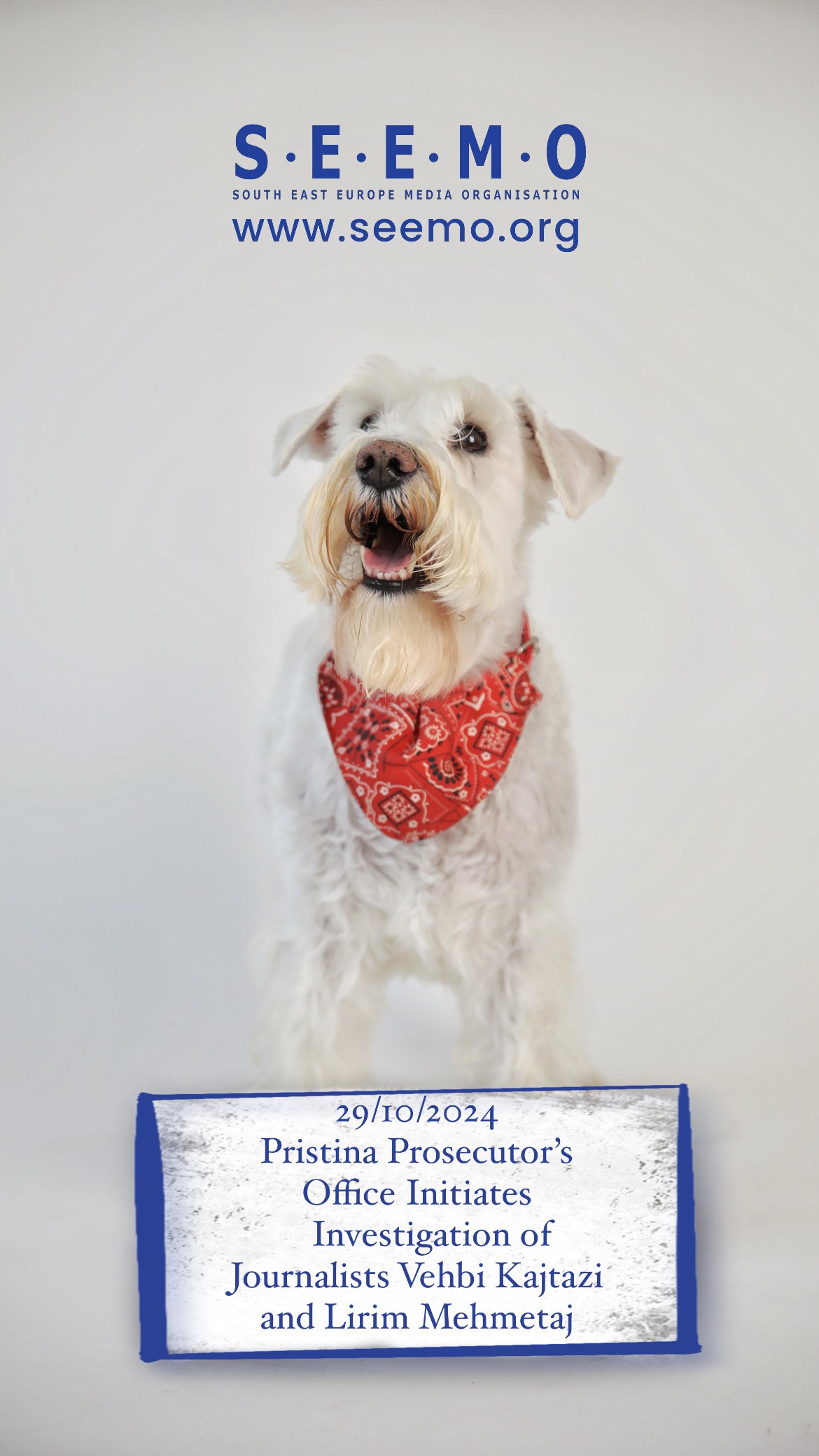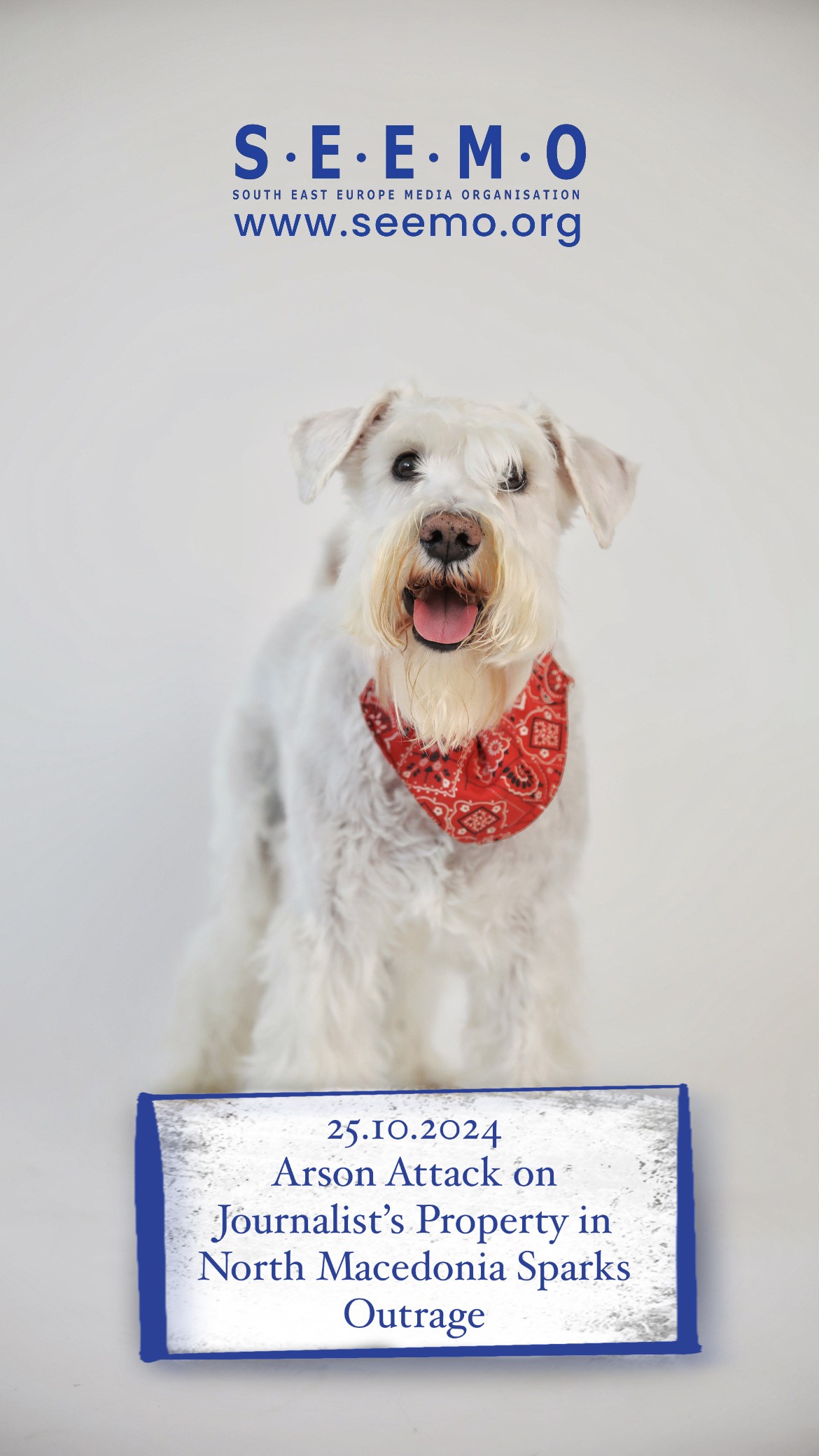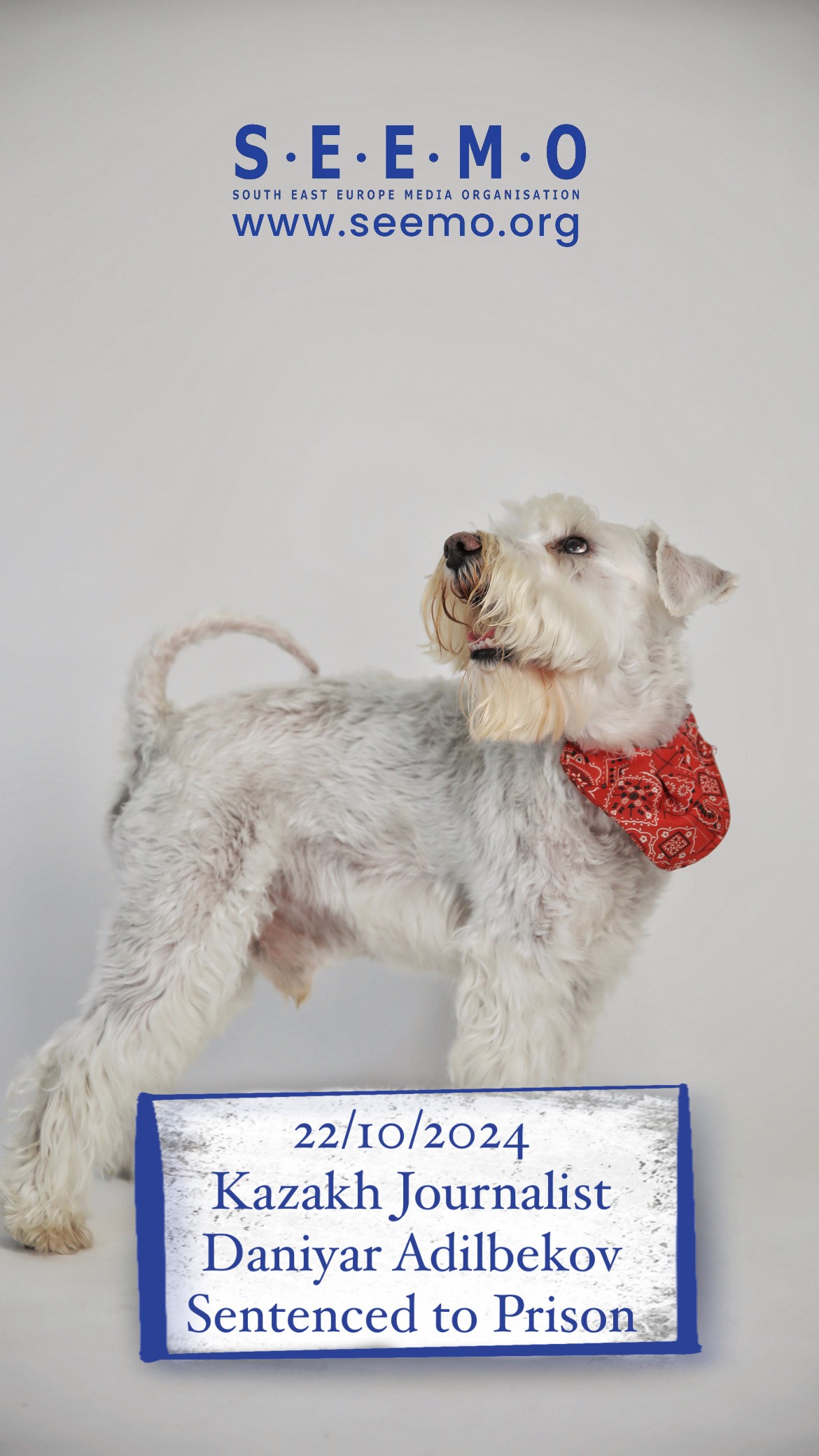On 30 October 2024 TV Markíza (https://www.markiza.sk/) reporter Kristína Kövešová was violently attacked while working on a report in Trnava, Slovakia. Kövešová (@kristinakovesova) is investigative journalist, TV Markiza editor, as also moderator of the podcast Profil zločinu and talk show host Profil zločinu. Known for her in-depth investigations, Kövešová had been tracking the activities of individuals involved in violent incidents that had recently for weeks terrorized the area, particularly targeting women and the elderly. This group attacked her during filming, inflicting serious injuries including a broken nose, concussion, and spinal trauma, which led to her hospitalization.
TV Markíza swiftly condemned the attack on their journalist, declaring that they “categorically oppose any form of violence against journalists” and committed to cooperating with police, who were present at the scene during the attack. The network also announced that they would air Kövešová’s full investigation in the days to come.
From her hospital room, Kövešová recounted the troubling escalation of brutal attacks in Trnava, which have left many residents in fear for their lives. She noted that she and her team had been investigating these incidents for weeks, highlighting the community’s widespread concern for safety. Despite sustaining serious injuries, Kövešová expressed her commitment to continue her work once her health permits, resolute in her stance against intimidation and determined not to be silenced.
You can read TV Markíza article here: https://www.markiza.sk/soubiz/clanok/933282-kristinu-koevesovu-fyzicky-napadli-pri-nakrucani-reportaze?__cf_chl_tk=7tU8quTEMj6sInwYnQSe7mX2ZcxXvWlO9vfEawhr78o-1730360564-1.0.1.1-ET_xayyIrC7Ykb4Kpnk95_NJpWtpsTzeOPH7CU1gs5M
Following the incident, Slovak authorities acted quickly, detaining man in connection with the attack. The Ministry of Interior confirmed the charge, though further details are yet to be disclosed.
The incident highlights the growing hostility toward journalists in Slovakia, where reporters covering sensitive topics are increasingly at risk.
The South East Europe Media Organisation (SEEMO) condemns the violent assault on journalist Kristína Kövešová in Trnava, Slovakia, on 30 October 2024. For SEEMO is alarming that the police were present at the time of the incident. SEEMO welcomes the fact that after the attack one person was detained by the police on the spot. Targeting a journalist for fulfilling their duty to report on matters of public concern is an unacceptable attack on press freedom. SEEMO calls on Slovak authorities to thoroughly investigate this incident, hold the perpetrators accountable, and take concrete measures to protect journalists from violence and intimidation. SEEMO will be closely monitoring the progress of this case to ensure justice and uphold the safety and rights of journalists in Slovakia.
South East Europe Media Organisation (SEEMO) is a regional non-governmental, non profit network of editors, media executives and leading journalists in Southeast, South, East and Central Europe. SEEMO members are in Albania, Armenia, Azerbaijan, Belarus, Bosnia-Herzegovina, Bulgaria, Croatia, Cyprus, Czech Republic, Estonia, Georgia, Greece, Hungary, Kazakhstan, Kosovo, Kyrgyzstan, Latvia, Lithuania, Malta, Moldova (with the territory of Transdnestria), Montenegro, North Macedonia, Poland, Romania, Russia, Serbia, Slovakia, Slovenia, Tajikistan, Turkmenistan, Türkiye / Turkey, Ukraine and Uzbekistan. Austria, Italy, Vatican and San Marino have a special status in SEEMO. SEEMO has over 3000 individual members, and additional media as corporate members.
#fyp #mediafreedom #seemo #freespeech #southeasteuropemediaorganisation#ngo #journalist #slovakia #trnava #tvmarkiza #KristínaKövešová #SEEMO #pressfreedom #mediafreedom #freemedia

